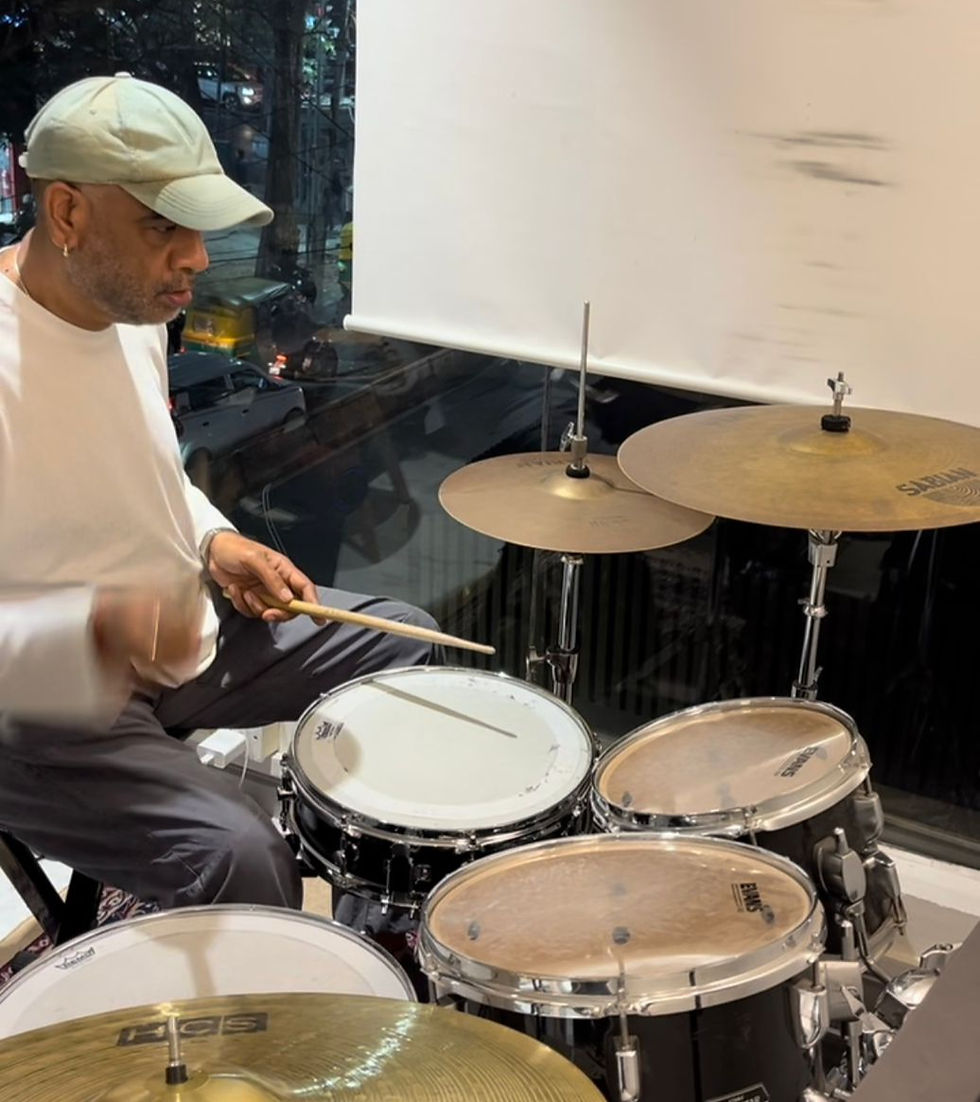The impact of Indian and western music on cultural understanding and appreciation in India
- Richard
- Sep 15, 2022
- 3 min read
India is a land of rich cultural heritage, with a diverse array of musical traditions that have evolved over centuries. From the ancient Vedic hymns to the contemporary Bollywood hits, Indian music has played a significant role in shaping the cultural identity of the country. However, in recent times, Indian music has been heavily influenced by Western music, leading to an interesting fusion of Indian and Western musical elements.
One of the most notable impacts of Western music on Indian music has been the fusion of different musical styles. Indian classical music, which has traditionally been based on the system of ragas and talas, has been blended with Western classical and popular music to create new and exciting forms of music. This fusion has not only led to the creation of new and unique sounds but also helped to expand the appeal of Indian music to a wider audience.

The impact of Western music on Indian music can also be seen in the way it has influenced the lyrics and themes of Indian songs. The traditional Indian songs were primarily based on religious and cultural themes, but with the influence of Western music, the lyrics have become more diverse and have incorporated themes of love, social issues, and personal experiences. This has led to a more relatable and contemporary approach to Indian music, making it more accessible to the youth.
Furthermore, the influence of Western music has played a key role in the democratisation of music in India. With the advent of technology and the internet, it has become easier for independent artists and small music labels to produce and distribute music. This has led to a more inclusive and diverse music scene in India, providing opportunities for new and upcoming artists to showcase their talents.
To further understand the impact of Western music on Indian music, it's helpful to look at specific examples of artists and practices. In North India, one of the most notable examples of the fusion of Western and Indian music is the work of artists like R.D. Burman and A.R. Rahman. Both of these musicians have blended traditional Indian classical music with elements of Western pop and rock music to create a unique sound. For example, R.D. Burman's song "s" from the movie Shree 420, features elements of Western pop music but still retains the traditional Indian melody and rhythm, this song became a hit and widely loved by the audience. Similarly, A.R. Rahman's work in films like Roja and Bombay have also blended traditional Indian classical music with Western orchestration and instrumentation.


In South India, there are several examples of classical fusion music, one of them is the work of artist like Dr. L. Subramaniam. Dr. L. Subramaniam is an Indian violinist and conductor, who is known for his fusion of Indian classical music with Western classical music. He has collaborated with several Western classical musicians and orchestras, performing and recording fusion music that combines elements of Indian and Western classical music.
Another example of a practice that has been influenced by Western music is the use of technology in music production and recording. With the advent of digital audio workstations (DAWs) and other digital tools, it has become easier for Indian musicians to incorporate elements of Western music into their work. This has led to a more polished and professional sound in Indian music, particularly in the popular music scene.
However, it's important to note that the influence of Western music on Indian music is not without its drawbacks. One of the main concerns is the loss of traditional musical forms and the dilution of cultural identity. Moreover, the commercialisation of music in India has led to a homogenisation of musical styles, resulting in a lack of diversity in the music scene.
In conclusion, the impact of Western music on Indian music has been a mixed one. While it has led to the fusion of different musical styles and the democratisation of music in India, it has also resulted in the loss of traditional musical forms and the dilution of cultural identity. Therefore, it's crucial to strike a balance between preserving the traditional forms of Indian music while also embracing new and diverse musical styles. This balance can lead to a more inclusive and diverse music scene in India and foster cultural understanding and appreciation for both Indian and Western music.





Comments